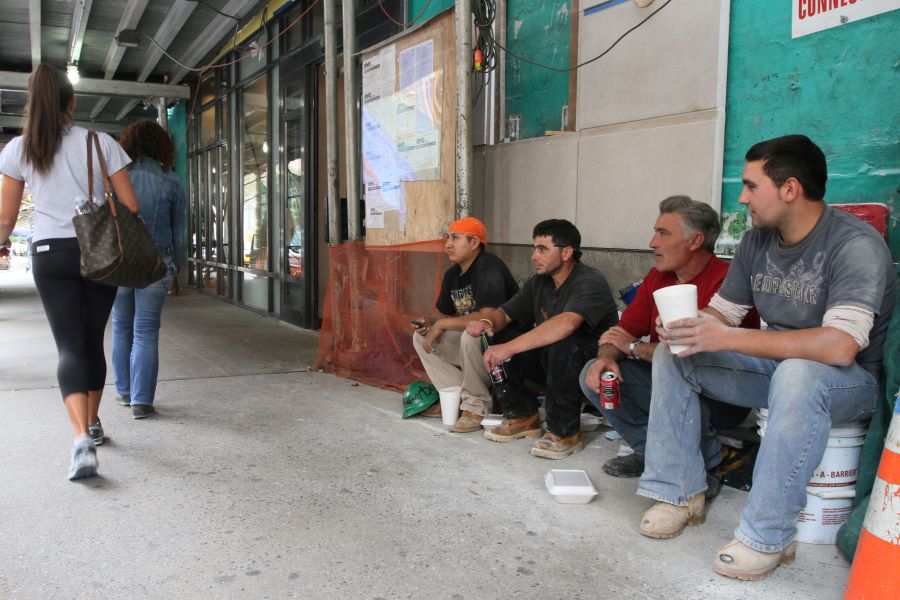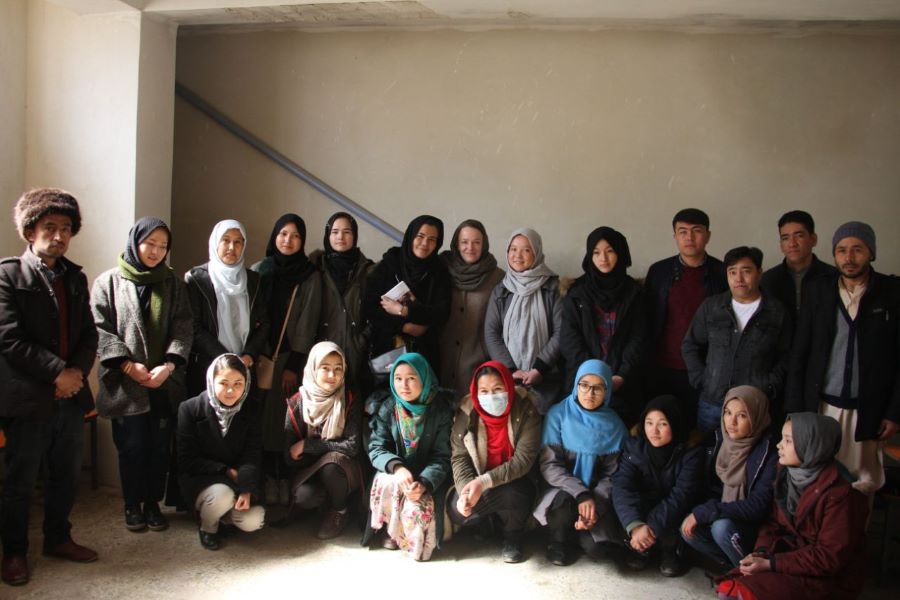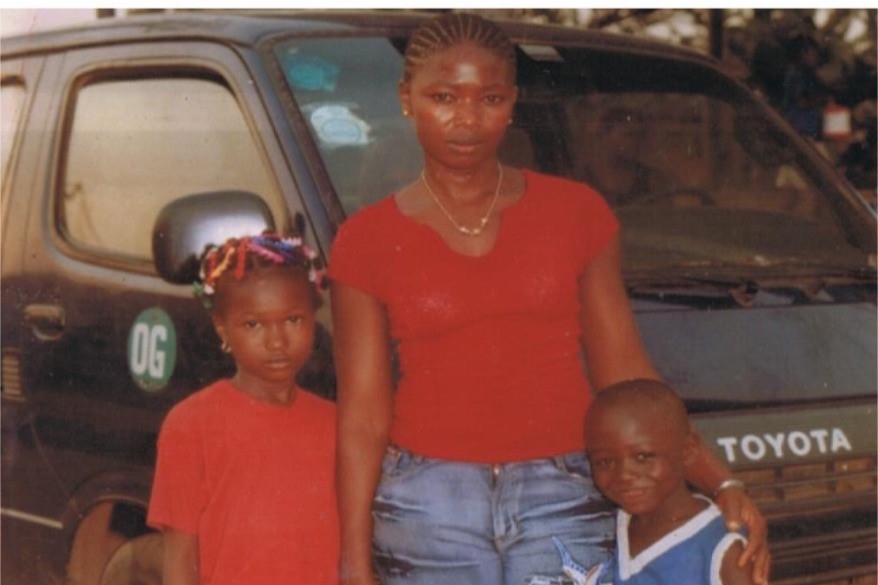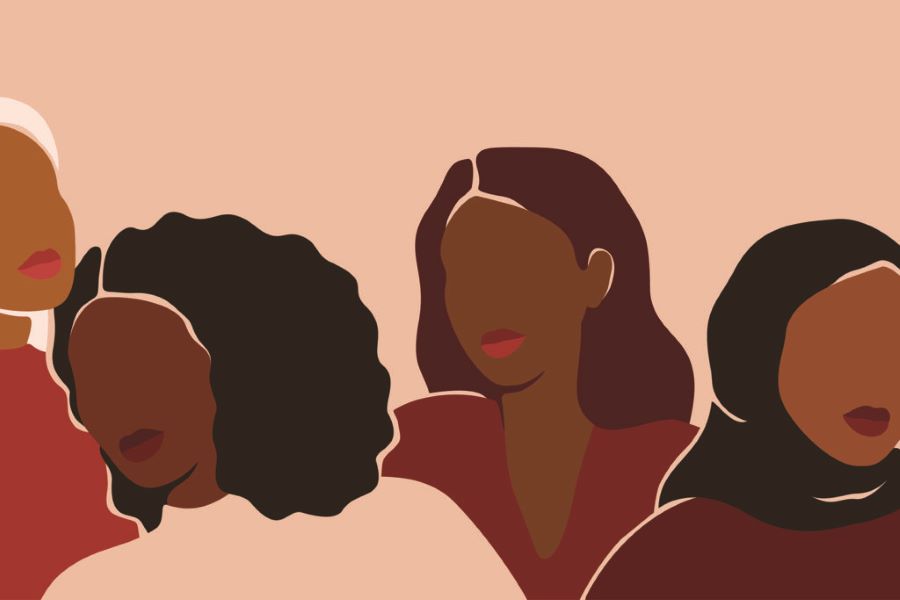
by Susan Ruel | 13 Jul 2022 | Conflict, Educators' Catalog, Eyewitness, Media Literacy, Personal Reflections
Marie Colvin started as a journalist writing for a New York trade union. She ended up a war correspondent who changed people’s lives. Medical staff examine Marie Colvin in Colombo’s eye hospital in Sri Lanka, 17 April 2001. (AP Photo/Gemunu Amarasinghe) A...
Susan Ruel reflects on the life and career of Marie Colvin, an accomplished foreign correspondent killed in Syria in 2012. Colvin reported on major conflicts in Europe, the Middle East, Africa and Asia, believing someone has to go there and see what is happening. “She always told the stories of the ordinary men and women who bore the consequences of the power struggles and wars waged by political leaders,” Committee to Protect Journalists Executive Director Robert Mahoney said. With more journalists murdered or missing this year than in nearly all of 2021, the rights of journalists in war zones cannot be taken for granted.
Exercise: Ask students to discuss how media coverage of war and conflict zones has evolved and what they think accounts for the increased threat against journalists.

by Maya Barr and Pénélope Flouret | 27 May 2022 | Health and Wellness, Hewitt, Student Posts, Women's rights, Youth Voices
Catcalling, car honking and indecent exposure are rarely punished, but street harassment can seriously harm a woman’s mental health. Women walk past construction workers in New York on 28 October 2010. Although these men did not harass any of the passersby,...

by Jalal Nazari | 20 Apr 2022 | Asia, Conflict, Educators' Catalog, Islam, Terrorism, University of Toronto Journalism Fellows, Women's rights
The Taliban have barred girls from schools in Afghanistan. So some of them gather secretly in homes in Kabul, drawn together by a former teacher. Hassan Adib leads a discussion of “Memories of a translator” by Mohhamad Qazi in Kabul, April 2022. (Photo by...
The Taliban’s takeover of Afghanistan means millions of girls cannot attend school. Many young people outside of the country know this, but it is difficult for them to conceive just what this means for a young Afghan girl their age. In his story, Jalal Nazari, an Afghan now living in Canada where he is a Global Journalism Fellow at the University of Toronto Dalla Lana School of Public Health, takes us inside Kabul homes, where about 30 teenage girls meet secretly twice a month to improve their reading and writing skills. To hear the girls and their teacher speak adds a highly personal dimension to a conflict that for many young people remains distant and abstract. The courage they show in the face of Taliban strictures is a reminder to young people everywhere that education is a privilege not to be taken lightly.
Exercise: Ask your students to interview their parents, asking them why education is important, and then to write an essay quoting their parents and adding their own thoughts.

by Kamuskay Kamara | 5 Apr 2022 | Africa, African Leadership Academy, Contest winners, Discovery, Identity, Personal Reflections, Student Posts, Youth Voices
I have always wondered why my Mom gave me a merciless beating over a piece of meat. But that meal changed my life for the better. The author with his mother and elder sister Isata in 2009 This story won second prize in News Decoder’s 11th Storytelling Contest....

by Daneese Rao | 16 Dec 2021 | Culture, Economy, Health and Wellness, Identity, University of Toronto Journalism Fellows, World
Millions of women try to lighten their skin although governments warn of health risks. Can anti-Black racism in the cosmetics industry be stopped? (Shutterstock/Mary Long) Social media manager Chand Bhangal constantly received negative comments about her complexion...





